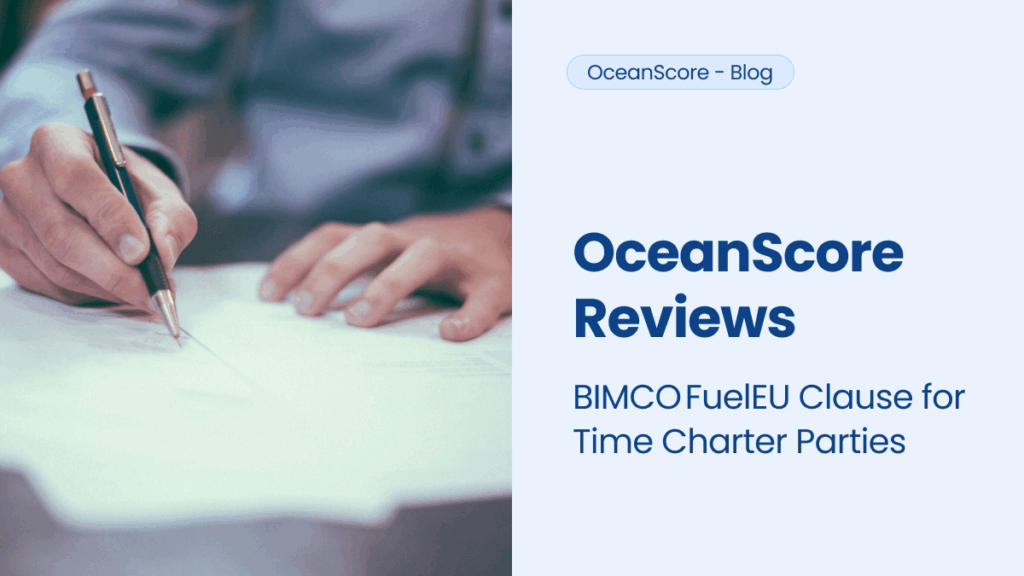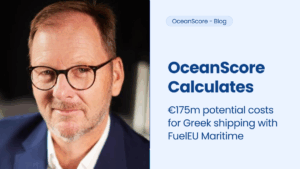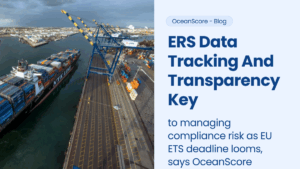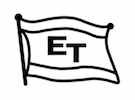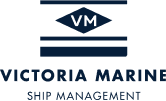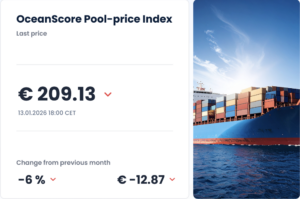OceanScore reviews BIMCO FuelEU Clause for Time Charter Parties
Official statement – 27.11.2024
On November 25, BIMCO released its much-anticipated clause for Time Charter (T/C) Parties under the FuelEU Maritime Regulation, marking a critical step toward industry alignment with decarbonization goals. As we review the clause and engage in discussions with our customers, it’s clear there are still some gaps to be filled before we reach total cohesion.
Creating Charter Party clauses which satisfy the wide range of needs of owners and charterers in shipping generally is a daunting undertaking. We saw this with the EU ETS clauses, which were only partially adopted by the industry and with hesitation. With its additional layers of complexity, drafting clauses for FuelEU Maritime presents an even greater challenge.
Here are some of OceanScore’s key observations and comments:
Key Observations and Challenges
1. Alignment with Long-Term Charters
The solutions proposed for long-term Time Charter Parties (those covering entire reporting periods, typically a year) are broadly aligned with market expectations and appear balanced between the needs of owners and charterers.
2. Role of DOC Holders
Under the regulations, DOC (Document of Compliance) holders are the designated responsible parties for FuelEU compliance. This means that any clauses within the Time Charter Party must also be reflected in the ship management agreement (shipman). Ensuring consistency across these agreements will be critical for seamless compliance, especially in the case of third party managers.
3. Timing Considerations
- The clause proposes providing compliance balances for the prior two years, but this won’t be feasible until at least 2027 due to the rollout timeline.
- Proofs of Sustainability (POS), which are critical to FuelEU compliance, take 4–6 weeks to become available post-bunkering. The proposed 15-day reporting deadline for “verified” compliance balances can be unrealistic.
- The clause proposes that the charterer notify the owner “x days before April 30” of their intent to pool the compliance deficit. These requests should be made as early as possible., If the charterer decides not to pool but pay the “surcharge”, an earlier notification will help the owner (and DOC holder) to identify the commercially most attractive alternative, especially when it comes to finding an alternative external pool.
4. Pooling – Incomplete Framework
Pooling compliance balances is likely the most efficient way to secure compliance. But while the clause mentions this in the context of long-term charters, it does not offer a meaningful framework for short-term or broader application. Charterers and owners might benefit from a clear, common understanding of how pooling will be used to achieve compliance – especially as this might be the commercially most attractive choice.
5. Compliance Surpluses – Practical Solution
The proposal on how to deal with compliance surpluses is balanced, the timing of the proposed steps practical. It will be critical to define the right applicable price (and not fall for a price at the level of the penalty in the case of compliance deficits). Given that pool prices will not be known until well into 2025 or even only when pooling starts in April 2026, it might make sense to opt for some flexibility mechanism in this proposed price for surpluses.
6. Pricing Compliance Balances – Unrealistic Approach
The guidance provided that compliance deficits will be compensated for at the level of the penalty (€2.400 / ton VLSFOe) is an attractive, clear solution for the owner. But we do not see this stand the test of intense C/P negotiations, as there will be cheaper ways to comply than to pay the penalty. Realistically, there will be two options: Either an adjusted surcharge below the penalty level or a flexibility mechanism reflecting the pool prices. It should be secured though that the DOC holder receives a fair compensation for his extra effort in securing compliance and for the risk he carries in doing so.
OceanScore’s Perspective
The current BIMCO draft provides a foundation but leaves substantial room for improvement and C/P specific clarifications. Practical solutions must address timing constraints, pooling frameworks, surplus incentives, and pricing disputes.
At OceanScore, we’re already working with our customers to implement forward-thinking FuelEU strategies that fill these gaps, supporting smart decision making and efficient processes between the different stakeholders . Our insights and solutions have demonstrated that multiple pathways l for turning regulatory challenges into opportunities – requiring proper understanding of these rules and quantification of different pathways.
We applaud BIMCO for taking this admittedly difficult first step. The result is balanced, which is appreciated, but quite a few gaps remain that individual C/P clause discussions will have to close. It will be critical to mirror these into the Shipmans with the DOC holders eventually being responsible.

